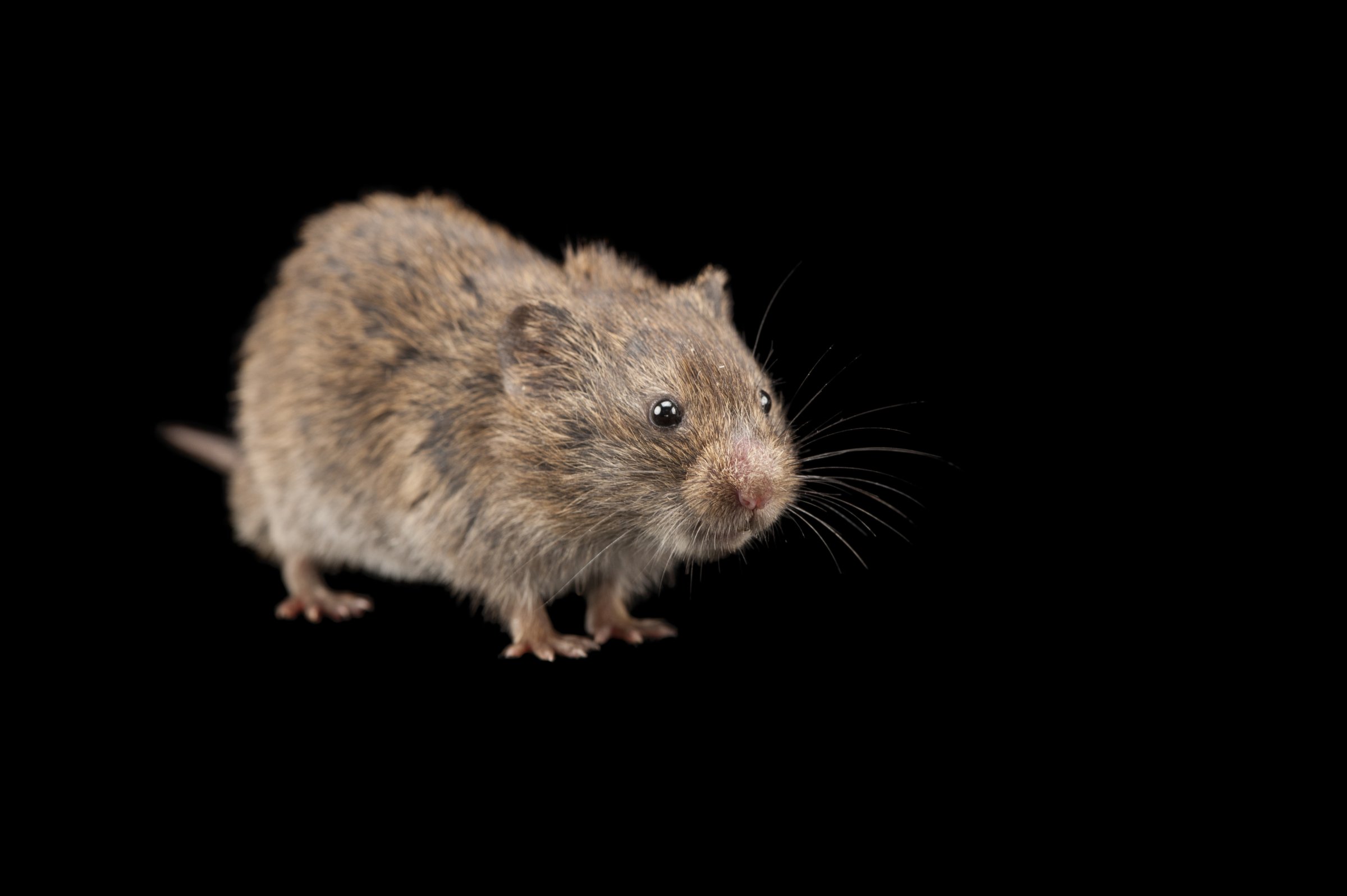
Science can be fun. Case in point: for a recent study, researchers from the Oregon Health and Science University and a number of other institutions gathered a group of prairie voles—small rodents found in central North America—and then, as if the scientists were frat brothers and the voles were humble pledges, proceeded to get them drunk.
No, this study was not published in The Onion. (You may be thinking of the influential “New Study Finds College Binge Drinking to be a Blast.”) It was actually published in the prestigious Proceedings of the National Academy of Sciences, and the work actually offers valuable data about how alcohol use can impact how couples bond.
Here’s how: the researchers took a group of prairie voles and paired them off, male and female. Unlike many animals, prairie voles tend to mate for life, which makes them a useful model for studying social interactions. The male and female pairs were then given either water or a 10% alcohol solution, which is a little less than you might get in a normal glass of wine. (Another human-like trait of voles: they love to drink when they have the opportunity, preferring the alcohol to water, and in laboratory conditions they’ve even been shown to subtly encourage their partners to drink more.) The researchers then tested whether the voles would show a preference to spend time with their partners, or with a stranger vole.
The results will not be surprising to anyone who has been in a bar on a Saturday night. The male voles who had been given water always preferred their partner, but the ones who been given alcohol often wanted to spend time with strangers. For female voles, it was the opposite—consuming alcohol strengthened their desire to spend time with their partners, compared to when they were given only water. There were also contrasting changes in the neural systems that regulate social behavior. “It’s the first time we’ve shown that alcohol drinking can directly affect social bonding and that these effects are paralleled by changes in neuropeptides,” Andrey Ryabinin, a behavioral neuroscientist at Oregon Health and Science University and the lead researcher on the paper, told National Geographic.
What’s particularly interesting is that the alcohol had no effect on the amount of mating that went on between the voles—both the drunk ones and the sober ones—which means sex wasn’t playing a role in the differences in bonding behavior. Instead the difference between the genders seemed to come down to the effect that alcohol had on anxiety. In males, alcohol use seemed to decrease anxiety, whereas in females, alcohol seemed to increase anxiety. The relaxed males were less inclined to commit, while the stressed out females were more likely to seek out their bonded partners.
Voles aren’t people—we’re taller, for one thing—but the PNAS study bears out some of the effects that alcohol can have in human relationships, as seen experimentally and in, you know, experience. As the authors write:
The enhancement of attachment in female prairie voles parallels the prosocial effects of alcohol in humans. The inhibition of bond formation in males is reminiscent of the negative effects of alcohol on long-term attachments and marital happiness, which occur for both men and women.
That last bit is important—male or female, alcohol does not tend to be the strongest building block for couple partnering over the long term. (Citation: Who’s Afraid of Virginia Woolf?) But you probably don’t need a peer-reviewed study to tell you that.
More Must-Reads From TIME
- What Student Photojournalists Saw at the Campus Protests
- How Far Trump Would Go
- Why Maternity Care Is Underpaid
- Saving Seconds Is Better Than Hours
- Welcome to the Golden Age of Ryan Gosling
- Scientists Are Finding Out Just How Toxic Your Stuff Is
- The 100 Most Influential People of 2024
- Want Weekly Recs on What to Watch, Read, and More? Sign Up for Worth Your Time
Contact us at letters@time.com